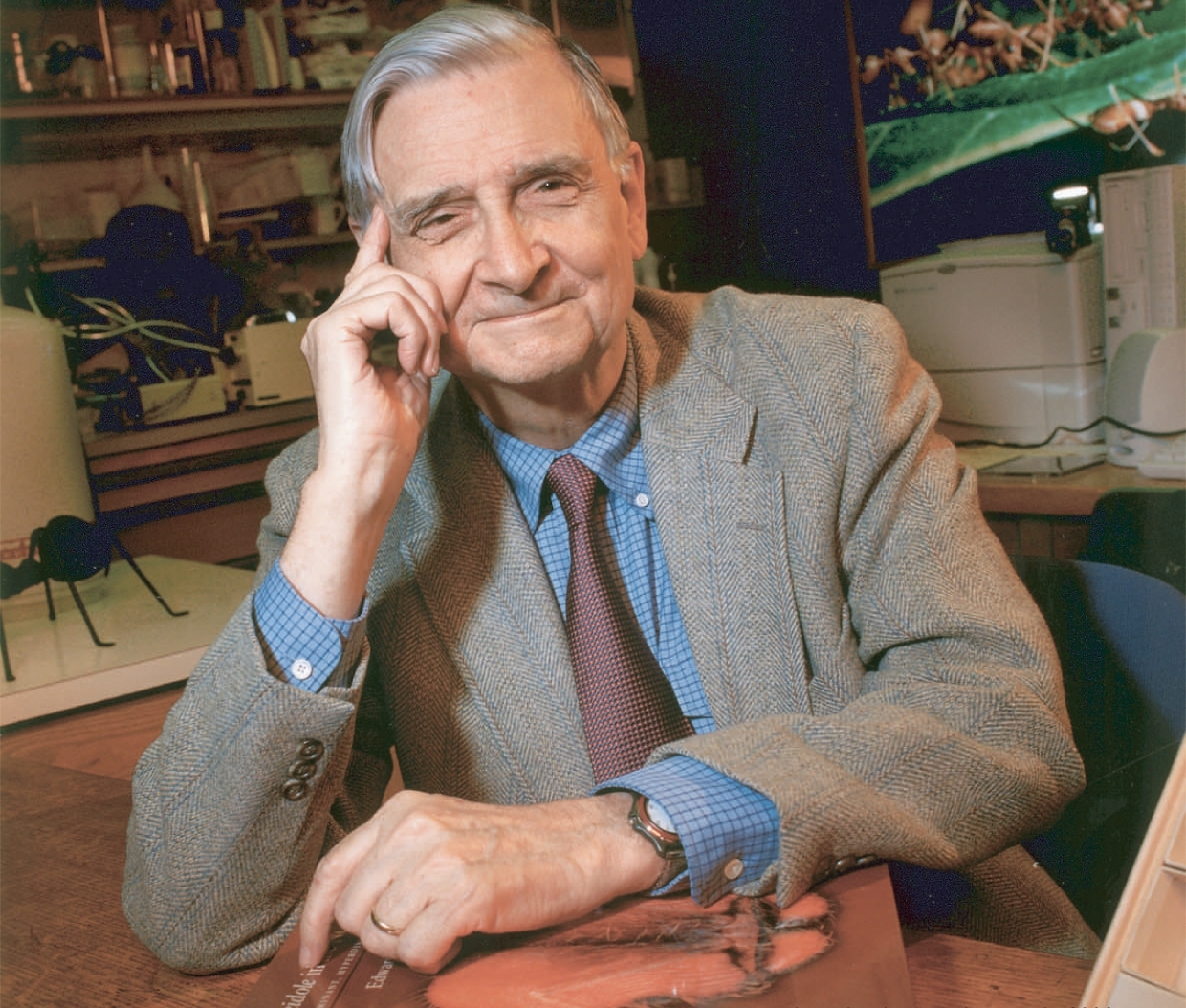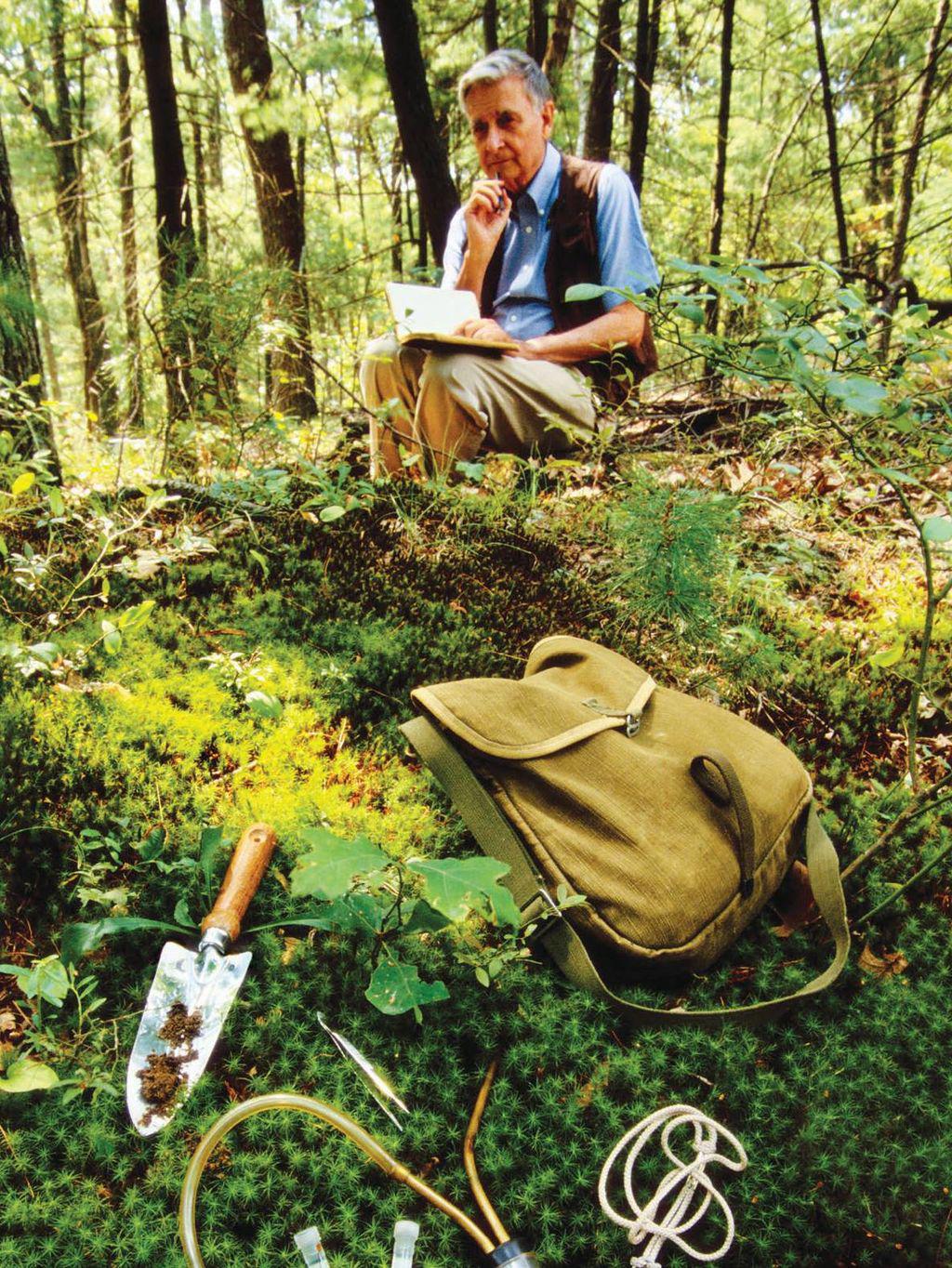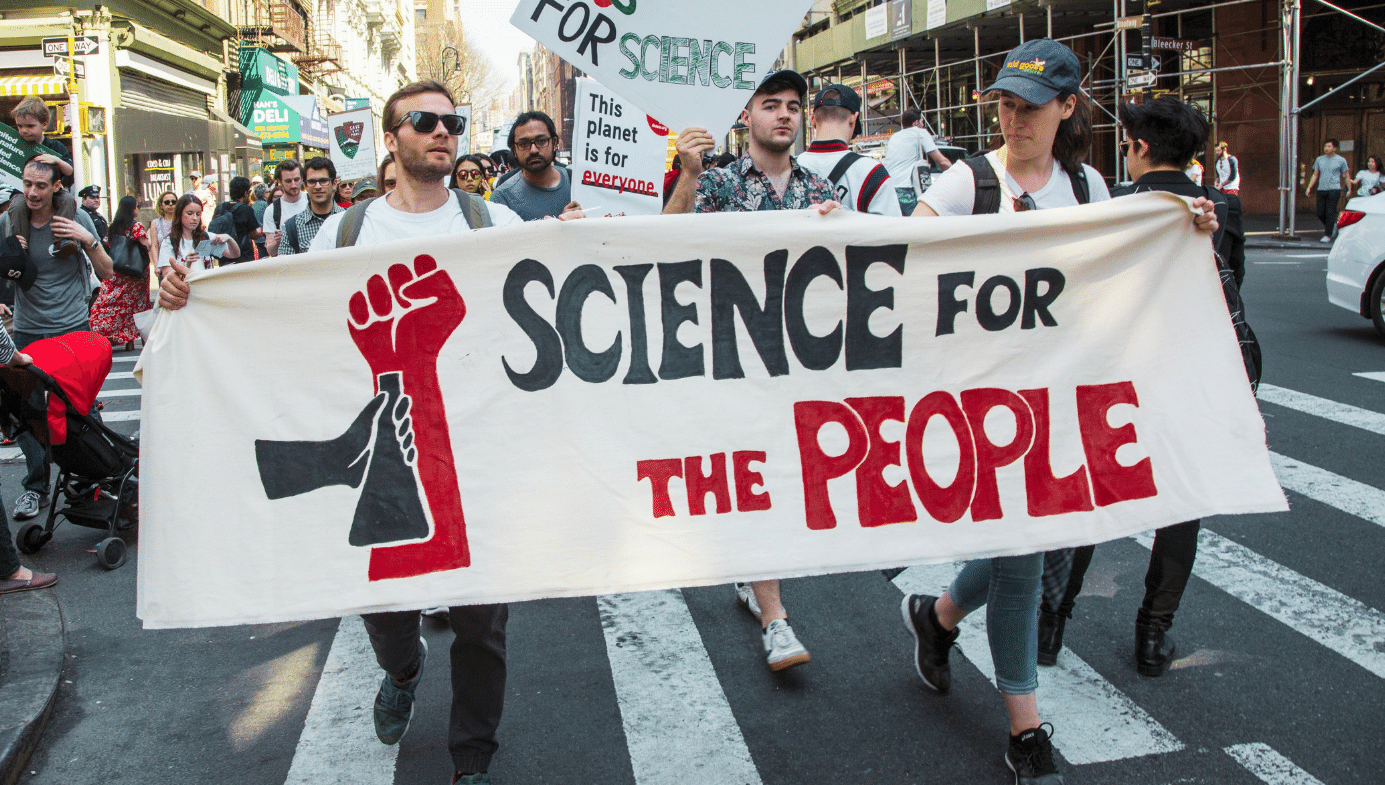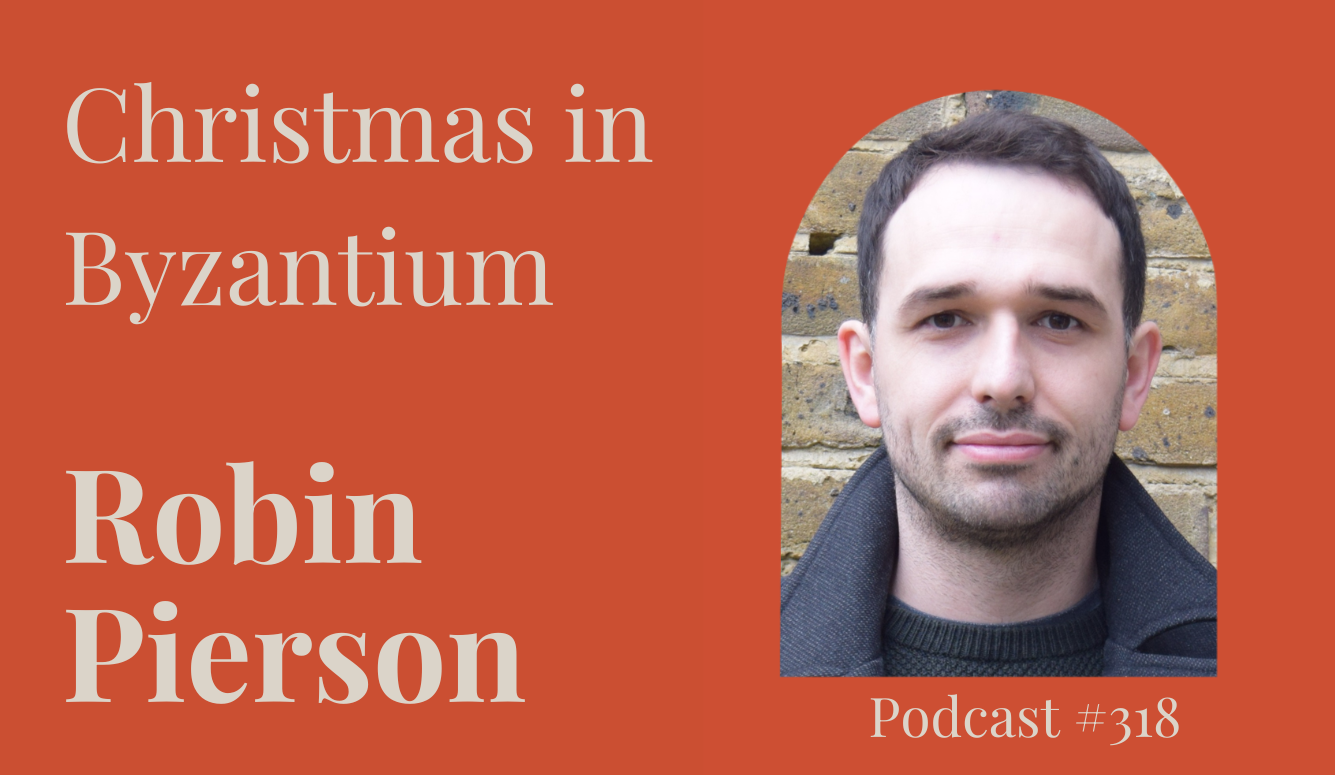Education
Academia's Consilience Crisis
Consilience makes the case for epistemological inter-relation, put into practice by the congregation of diverse fields of inquiry.

The term ‘consilience’ has the enigmatic ring of some arcane secret quarantined in Ivory Towers, accessible only to the ghosts of wizened sages haunting cloistered halls. This is true in some sense – it was first conceptualized by the now-quite-dead William Whewell, a 19th-century natural philosopher, linguistic sorcerer, and polymath also credited with coining terms such as scientist and physicist, among other esoterica. Whewell made contributions to many budding fields of inquiry, a fact key to appreciating the definition of ‘consilience’ offered by gold-star biologist E. O. Wilson in his 1998 book, Consilience: The Unity of Knowledge:
…literally a “jumping together” of knowledge by the linking of facts and fact-based theory across disciplines to create a common groundwork of explanation.

Consilience makes the case for epistemological inter-relation, put into practice by the congregation of diverse fields of inquiry; it seeks to complete a magnificent chimera composed of illuminating ideas, seamlessly woven together. Wilson’s definition speaks to the vision of thought-leaders who foresaw hubris in forbidding different streams of knowledge from intermingling in our reservoirs of truth and wisdom, knowing they stagnate in isolation. Why then does ‘consilience’ remain underscored in red per spell-check’s sensibilities? Why is it a concept unfamiliar to most ears, including those of the highly-educated? Why does this legacy exist only in obscure reference and not in ubiquity?
Gad Saad is professor of marketing at Concordia University’s John Molson School of Business, and he uses his background in evolutionary psychology in a consilient approach to studying consumer behaviour. He is responsible for ‘The Saad Truth,’ a web-show on which he offers his perspective on current issues, and elicits commentary from a buffet of high-profile guests. The Saad Truth 431 features Dr. Saad pointing to the absence of consilience in many social studies programs as the vector point for epidemic-level insularity that compromises the integrity of scholarship, and carries consequences for our collective grasp of reality downstream. On Dr. Saad’s view, social scientists studying human behaviour who disregard our underlying biology are blunting their work’s explanatory force, and fatally diminishing quality by eschewing consilience.
Supplementing Dr. Saad’s views are those of famed decision-theorist Nassim Nicholas Taleb, showcased in his freshly-pressed Skin In The Game: Hidden Asymmetrics in Daily Life. They recently sat down to discuss the book, highlighting concerns about the modern state of academia. Taleb argues that, because scholarly success is determined by other academics in the realm of abstraction, opportunity exists to create intellectually sequestered spaces in publications and institutions. In these spaces, far-flung notions can circulate by catering to an audience of sympathizers unrestricted by competing theories; a rendition of the “echo chamber” phenomenon, in which only reaffirmations of specific views and attitudes are given oxygen. In contrast to the remote academics under discussion, Taleb provides counter-examples of various tradespeople such as bus-drivers and physicians, whose means of subsistence are subject to regular performance reviews and end-consumer satisfaction. They therefore cannot appeal to cadres of sympathetic colleagues for career sustenance. Taleb makes distinctions between the Arts and STEM (science, technology, engineering, mathematics); because the latter interfaces with material reality, the echo-chamber effect is largely circumvented.
Non-consilient attitudes from academics increasingly break the surface of the mainstream, making prophets out of Dr. Saad and Dr. Taleb. Consider the exchange on TVO’s The Agenda during a panel discussion involving, among others, psychologist Dr. Jordan Peterson and Dr. Nicholas Matte, an interdisciplinary historian. Dr. Peterson supports his professional opinion with reference to data from a panoply of fields, many outside his areas of expertise. Dr. Matte’s position as an interdisciplinary scholar, likewise implies a consilient leaning. However, when they discuss gender identity, Dr. Peterson defers to the scientific consensus that gender has a heavy basis in biology, whereas Dr. Matte blithely declares that, “Basically, it’s not correct that there is such a thing as biological sex.”
Is this a watershed moment for the future of high-school biology curriculum, or a pardonable gaffe? It seems Dr. Matte did not include biology in his interdisciplinary catalogue, despite being a historian of science. As the discussion unfolds, he reveals an alarming investment in the absolutist gender-as-social-construct boilerplate – a claim disputed within the wider academic community, yet unchallenged in gender theory courses and leftist milieus. How can two professionals navigating similar seas face such a gulf in epistemology? Do the scientifically illiterate front the fields Nicholas Matte dabbles in, despite having presumably passed high-school biology themselves? Are they creating echo-chambers in which a regression in our understanding of reality is instilled?
As it turns out, not all social sciences are made equal – some are not even scientific, and will henceforth be referred to as ‘social studies.’ In an interview for the Simulation Series, Dr. Peterson explains the important difference between psychology and women’s studies: the former makes use of stringent scientific methodology for conducting research whereas the latter has none to speak of whatsoever. Peterson goes on to point out that women’s studies scholars generate hypotheses but do not test them, with no attempt at falsification or replication; two prerequisites for virtually everything considered true using the scientific method. Instead, women’s studies instructors insist on notoriously unreliable subjective accounts and rhetoric as the foundation of scholarship. Professors and students of any field employing similar pedagogy therefore have no ground on which to dispute the results of scientific research, if their claims are given by fiat and unsupported by anything meeting comparable standards of evidence.

Social studies, in contrast to the structured social sciences, appears to be a free-for-all. Consider the crisis of replicability in psychological research, which is characterized by researchers playing fast and loose with the scientific method in order to yield publication-worthy findings. Their results betray both a lack of transparency and intellectual honesty when they fail to replicate, rendering them suspect at best and fraudulent at worst. In a hierarchy of objectivity and empirical rigor, diligently conducted research resides in the top tier and invalid research in psychology sits in the middle, still ranking higher than anything on offer from social studies by dint of making at least partial use of the scientific method. This is an indictment of women’s studies and related fields, based on the fact that their work has less integrity than outright charlatanry elsewhere. The persistent rivalry between social studies and the sciences is illustrative of non-consilience, and isn’t a simple matter of disagreement: if social studies scholars seek to make categorical truth claims akin to the existence of gravity, they must concede that their current methods require overhaul to meet standards previously established in the sciences – business as-usual would be unbridled casuistry, usurping attention and resources.
Examples of non-consilience abound, confirming Dr. Peterson’s diagnosis of methodological failings now emblematic of social studies; a swift glance over New Real Peer Review’s Twitter feed suffices to jade even the most sanguine optimist. The page streams excerpts from work in a variety of social studies fields, and entry after entry reveals caricatures of scholarly undertaking bordering on self-parody. It is often the case that papers resulting in graduate and doctorate degrees read as nothing more than diary entries, strategically coated in a dense lacquer of incoherent jargon to distract readers from the lack of substance. Peruse the written confabulations at your leisure:
Diary mode activated. pic.twitter.com/ZYk1yosyvC
— New Real Peer Review (@RealPeerReview) February 18, 2018
Pedantry posing as polish; diary entries are self-evidently anti-consilient because they are self-referential and anecdotal. Salt-worthy researchers of any stripe know that anecdotes do not qualify as research but are mere drops in the ocean of lived experience. Passing off personal diaries as scholarship is an affront to serious scholars, and it cheapens the painstaking work undertaken to earn their degrees. Weep for the culture when tenure is being awarded for glorified journaling, through institutions of higher learning using clear double-standards for academic achievement. Social studies neophytes should, at a minimum, familiarize themselves with methodologies used in other disciplines in order to round themselves out and become pedagogically savvy. By doing so, they can learn to identify quality work, and not wind up duped by zealot professors into adopting practices antithetical to honest inquiry.
Deliberately discarding consilience as a salient part of scholarly endeavour carries profound ethical implications, and amounts to the forced segregation of presently-available knowledge. It is easy to sympathize with tenure-track researchers, the value and longevity of their life’s work threatened by the intrusion of unfamiliar expertise – but, as scholars, they should know that avoiding contact with competing insights is tantamount to wilful ignorance. Social studies fledglings will understandably spout inchoate pronouncements on interpersonal and group dynamics because they have been kept in the dark about what real research looks like – that same understanding cannot be afforded to Dr. Nicholas Matte, a professor familiar with the scientific method as part of his training, but still content to mouth obscurantist agitprop.
Beyond sabotaging the pursuit of truth, there are material costs to foregoing consilience in academic discourse. What becomes of impressionable students? Are they to perpetuate dynasties of intellectual unscrupulousness, and internalize non-consilient attitudes? What of the tax-paying public upon whom researchers rely for their wages? Are they to be eternally fleeced, funding projects put forward by the undeserving? Such problems are only compounded when they evade attention and become generational. Cemented into the substructure of institutional operation, they become covertly normalized, and finally passed off as routine without a second thought. Worse still, culprits will insist on preserving these parochial trends, protected by the letters of false merit and authority next to their names.
Consilience is the highest-order, universal peer-review, with appropriate entailing demands; describing the world as it is – not as we arbitrarily perceive or wish it to be – requires an accounting of all information relevant to a topic of inquiry, especially that which challenges previously-held positions and biases. All of this is necessary to help ensure that we do not deceive one another in the name of academic territoriality. Scholars must finally concede that a refusal to engage with findings and methods in competition with their own is intellectual subterfuge; appeals to professional disagreement are only valid if all parties agree to professionalism. There is a difference between the scientist candidly stating the limitations of her work alongside the results, and the women’s studies professor using rhetoric in lieu of rigor to push unqualified ideological narratives; only the former can claim intellectual humility. Indeed, to reject consilience is to concede implicitly that one was never truly interested in truth at all, just an endorsed version of it.
Non-consilience in academia results in decaying scholastic integrity, brought about by a lowered bar for achievement in many social studies programs. How dare we balk at the number of doctorate degrees dished out in exchange for diary entries when review boards and supervising professors are lending them, with abandon, the credibility reserved for double-blind control studies? Fidelity to truth is regularly undercut by the stubborn provincial impulses of wannabe-scholars peddling bald assertion as currency. This is industrial-scale snake-oil retail, and it uses affectations of scholarly decorum as a marketing ploy. There is cause for indignation when the Dr. Mattes of the world receive funding, limelight, and credentials over honest researchers forced to slash at each other’s throats in gladiatorial contests for limited grants, ponied up by tax-payers. Accreditation policy screams for reformation; administrations must stop equivocating for anti-consilient practices endemic to many social studies programs, and hold all prospective alumni to standards becoming of higher learning.
The public is rarely clued-in to internal on-goings such as the consilience crisis in academia described here. Perhaps the discussion’s confinement to academic venues only adds to the list of reasons why it has gone largely undetected by the mainstream – but that can change with adequate exposure to sunlight. It is the prevailing nature of the consilience crisis that should give us pause. It is, at bottom, a problem of neglect, intentional or otherwise. Foregoing consilience has severe, reverberating consequences, causing exponentially more damage if left alone. Consciously adopting such a counterproductive modus operandi should come at a price – it is already costing everyone else, and the tab is heavy.






